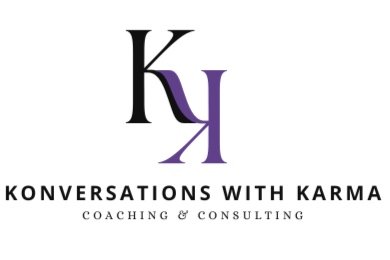Boundaries Lead to Healthy Relationships
The ability to set and sustain healthy boundaries is a necessary skill when navigating healthy relationships; however, many of us were not taught these skills. Setting healthy boundaries has always been something I struggled with. I loved helping people so much that I put everyone else’s needs before my own. I felt guilty putting boundaries or limits in place because I felt like I was keeping people away. I’ve learned that can’t be further from the truth. Boundaries are not about keeping something or someone away but rather protecting something within. Boundaries protect your inner power, peace of mind, energy, happiness, and joy. I now know setting and honoring clear boundaries illuminates the territory that is safe for others to navigate. This reframe radically shifted my perspective and the way I view boundary setting altogether. By making self-care a priority, I learned to love setting clear boundaries that protect me and allow me to show up fully and intentional for life. I’ve also found that setting healthy boundaries has empowered me to create healthier relationships.
“Boundaries are the distance at which I can love you and me simultaneously.” This quote by Prentis Hemphill reminds me of the huge gift that setting healthy boundaries can give to myself and others.
So, what is a boundary anyway? A boundary is a clear limit set based on your own needs. This means we need to identify what our values, needs and limits are first. In the beginning, it may be confusing to clearly know your limits, but one way is to observe how you feel in interactions in various situations. Feelings such as discomfort and resentment can be key indicators that there is a need to set a boundary. There are four types of boundaries: emotional, time, topic, and physical boundaries. Emotional Boundaries are needed to help you protect yourself from other people’s moods, words, thoughts, actions, and reactions. Pay attention to your energy level around other people. Feeling drained and experiencing reduced energy around certain people could signal a need for an emotional boundary. Time boundaries prevent you from overextending yourself. A big indicator of a need for time boundaries are feeling used. Setting boundaries around what topics are ok to discuss and those you wish not to discuss will help you feel empowered to feel safe in conversations. Physical boundaries are needed to help you and others know what is acceptable in your physical environment such as, what can or cannot be borrowed.
5 Steps to Setting Boundaries
Start with defining your boundaries- you can’t clearly communicate or sustain your boundaries if you do not know what they are. It’s best to be objective and emotionally regulated when defining and communicating your boundaries.
Separate the request from the relationship- We often blur our boundary lines depending on who the request is coming from. Often when requests are made from those we feel responsible for or a sense of obligation to, we let go of our boundary which can lead to resentment.
Focus on what you will gain by saying no- it’s important to pause and ask yourself directly what you will gain if you say no to this request. I’ve found that I have gained much needed rest or time to engage in more pleasurable activities by simply saying no.
Recognize the personal cost of saying yes- We do not often factor in that saying yes has a cost and we need to ensure that we are prepared to pay it. Often when our plates are full saying yes to even the smallest request can be too high of a price to pay and if you haven’t evaluated the cost you may become overwhelmed.
Be clear rather than vague and non-committal- It’s best to be direct and clearly state your boundary so there is no confusion for other people.
Initially, boundary setting may be uncomfortable for you and others. You may feel guilty because you are disappointed someone else. People who are used to you having boundaries in place may become upset or continue to make requests of you, but this is an opportunity for you to practice sustaining your boundaries. It can be exhausting in the beginning, but I assure you it gets easier.

